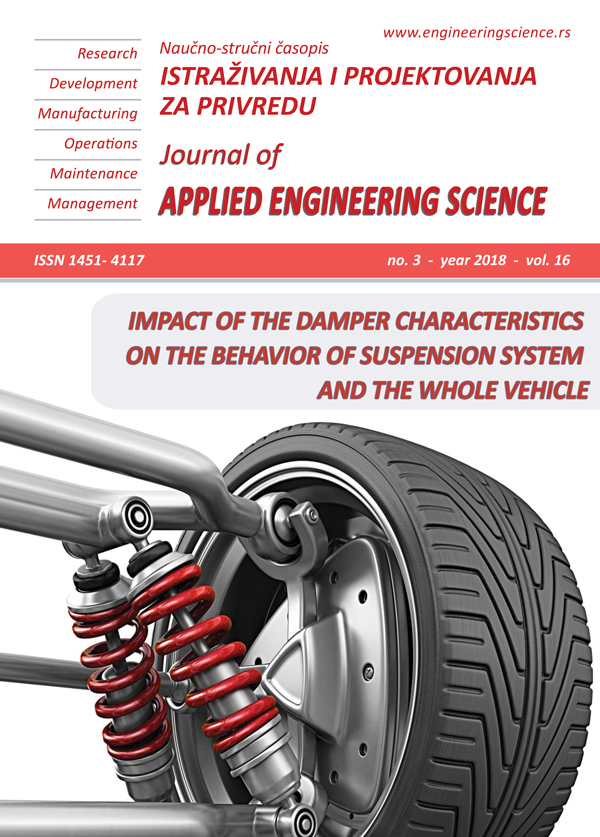ASSESSMENT OF ANTHROPOGENIC FACTOR OF ACCIDENT RISK ON THE MAIN OIL PIPELINE PASCUALES – CUENCA IN ECUADOR
Abstract
The pipeline infrastructure of Latin America countries, including the Republic of Ecuador, has a signifi cant accident potential. Accidence rate is facilitated by the diversity of natural and climatic conditions in the region, military-political instability in its separate parts, and imperfection of the standards for the production of pipes and equipment.The technical condition of the pipeline systems operated in Latin America for 15 – 20 years is imperfect. Depreciation or replacement of spent equipment and elements of the pipeline infrastructure is not being carried out at an adequate pace. Ecuador, for example, has a stable dynamics of increasing accidents at pipeline infrastructure facilities. Therefore, an assessment of the risk of the condition of the main pipelines should be carried out. Anthropogenic risk is one of the most important accident factors (50 % of all risk on main oil pipelines in Ecuador). To evaluate it, the methodology of Federal Safety Manual is proposed. The anthropogenic risk is calculated for 3 main sections of Pascuales – Cuenca pipeline, which supports with oil the provinces of Cañar, Loja, Zamora Chinchipe and Morona Santiago. For the foothill area, the specifi c probability of accidents is the most, and for the coastal and fl at areas less and equals to 0.15 and 0.14, respectively. The performed accident analysis will allow taking the necessary measuresto maintain the pipeline in working condition.

